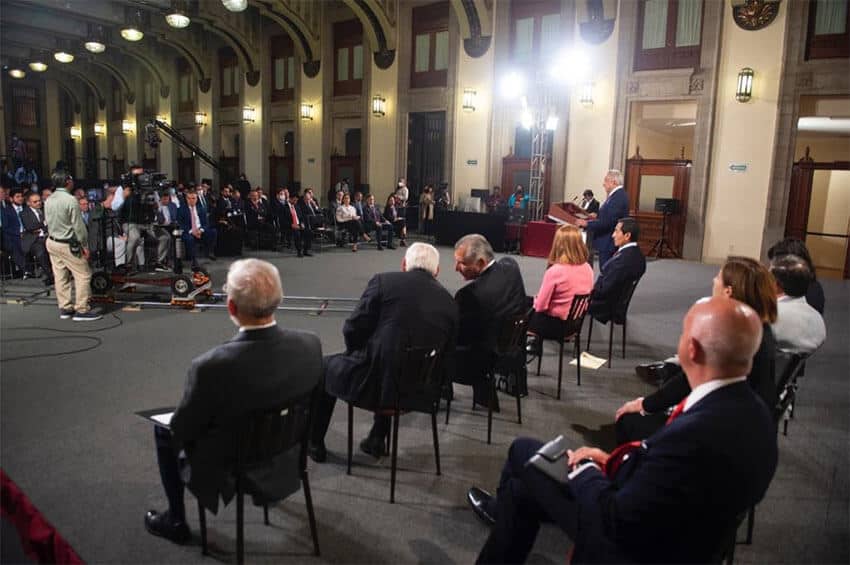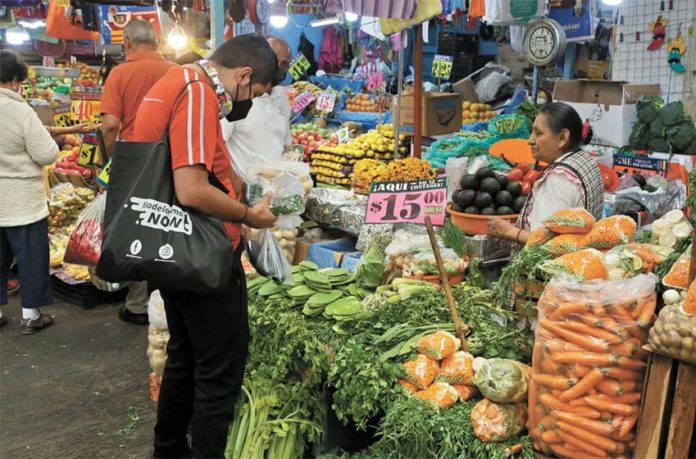The federal government’s anti-inflation plan will only have a limited effect on reducing consumer prices, according to three financial institutions.
The government announced Wednesday that it had reached an agreement with the private sector to ensure fair prices for 24 basic food items over the next six months without resorting to price controls. The anti-inflation plan also seeks to spur greater production of staples such as corn, beans and rice in order to increase supply.
According to JP Morgan, price stability for 24 basic food items – among which are chicken, beans, milk and potatoes – will only shave 0.4% or 0.5% off Mexico’s end-of-year inflation figure, which is predicted to be 7%. The bank described such an impact as “modest.”
It noted that the prices of some key food products have increased in recent months and are not expected to rise further. The stabilization of the prices of such products at the current high level would therefore help stop inflation increasing further but wouldn’t apply much downward pressure.
BBVA México’s chief economist, Carlos Serrano, agreed that the anti-inflation plan will have a limited impact given that powerful supply shocks are affecting the whole world.

“Despite the efforts of the government, reducing inflation will be very complicated,” he said.
“The government’s job is extraordinarily complicated because it’s very difficult if not impossible to detach an open economy from global inflationary processes,” Serrano said.
“We believe that the effect [of the plan will be] limited, not because we consider the measures to be bad but because reducing global inflation is very difficult. It’s not as if the United States, Europe, Canada and Latin America aren’t doing anything to reduce inflation. They’re all trying, but it hasn’t been achieved.”
The BBVA economist contended that providing additional financial support to low-income Mexicans would be a better idea than trying to put a lid on the prices of basic food items, an endeavor he described as very difficult. Serrano also suggested that the government should stop subsidizing gasoline because that measure mainly benefits people with higher incomes.
The financial services company Monex said in a note that the implementation of the anti-inflation plan will be a “significant challenge” because the participation of food producers, distributors and retailers will be voluntary.
That said, representatives of numerous food-related businesses indicated their support for the plan by attending President López Obrador’s Wednesday press conference, at which the would-be inflation-busting measures were announced.
Even if the plan is implemented successfully, there will be no immediate or drastic impact on inflation levels, Monex said.
The most recent official data showed that inflation was 7.72% in the first half of April, a figure well above the central bank’s 3% target: the Bank of México predicted in late April that inflation will drop to near 3% by mid-2023.
With reports from Reforma
